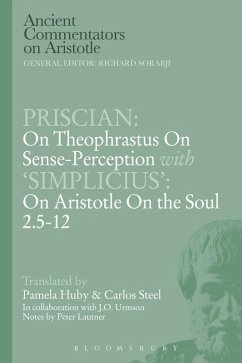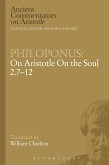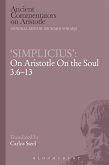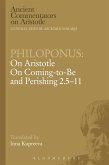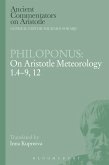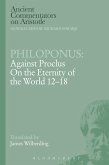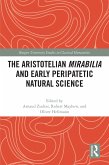Simplicius and Priscian were two of the seven Neoplatonists who left Athens when the Christian Emperor Justinian closed the paganschool there in A.D. 529. The commentaries ascribed to them on works on sense-perception, one by Aristotle and one by his successor Theophrastus, are translated here in this single volume. Both commentaries give a highly Neoplatonic reading to their Aristotelian subjects and tell us much about late Neoplatonist psychology.
This volume is also designed to enable readers to assess a recent major controversy: it has been argued by Carlos Steel and Fernand Bossier that the commentary ascribed to Simplicius is in fact by Priscian, and their article, hitherto only available in Dutch, is here published in revised form and in English for the first time. This book therefore contains all the evidence necessary for readers to judge this intriguing question for themselves.
This volume is also designed to enable readers to assess a recent major controversy: it has been argued by Carlos Steel and Fernand Bossier that the commentary ascribed to Simplicius is in fact by Priscian, and their article, hitherto only available in Dutch, is here published in revised form and in English for the first time. This book therefore contains all the evidence necessary for readers to judge this intriguing question for themselves.

